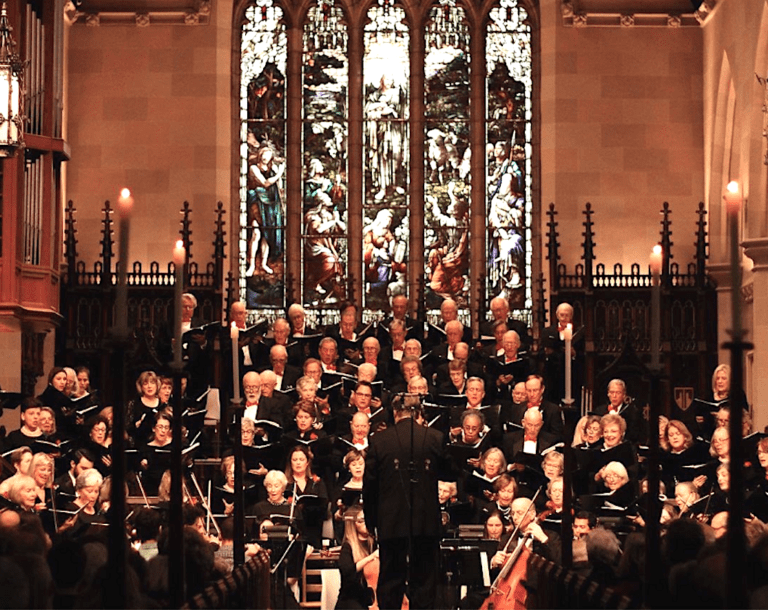
To the editor,
As recent shootings in Charleston and Lafayette demonstrate, the federal background check process has weaknesses that let dangerous people legally buy guns. As a result of intense lobbying by the NRA, the Brady Law that instituted background checks permits gun dealers to legally complete a sale after three days, even if the background check has not been completed. This loophole, known as a “default proceed,” allowed a racist white male to purchase a .45-caliber Glock pistol which he later used to murder nine congregants at the Emanuel AME Church in Charleston.
In the case of the Lafayette movie theater shooting a few weeks later, the apparently seriously mentally ill shooter was able to legally purchase a .40-caliber Hi-Point semiautomatic firearm. Although his family petitioned a court and a judge ordered him to be detained and sent for a mental health evaluation, there was no subsequent court order involuntarily committing him for actual treatment. As such, he was not considered a prohibited person under the Brady Law.
A similar situation of a family raising red flags was followed by the mass shooting in Isla Vista in May, 2014 that killed six people and injured 14 others. The shooter’s parents warned police of their son’s threat to public safety, but law enforcement had no legal authority to seize his guns.
What can we learn from these all-too-often tragedies? That we need alternative measures to keep guns out of the hands of non-criminal dangerous people. Brady background checks have stopped prohibited people from buying guns more than 2.4 million times. But, legal purchases by dangerous people, whether by virtue of mental illness or hateful intention, will continue. Even if we could rectify obvious deficiencies and loopholes in the background check system that have been blocked by the gun lobby, it would be impossible to accurately determine the criteria that identify non-criminal people who are prone to violence. In fact, the vast majority of people with mental illness are not dangerous, and are many times more likely to be the victims of, rather than the perpetrators of, violence.
Fortunately for us in Connecticut, as well as in California and Indiana, there is an alternate way to remove guns from those who are a threat to themselves or others. Known as gun seizure laws, they allow family members, law enforcement and others to initiate proceedings to take guns away from individuals who are deemed by a judge to be dangerous.
Connecticut was the first state to enact a gun seizure law, in 1999, in the wake of the killing of four CT Lottery employees by a disgruntled co-worker with a history of mental illness. Since then, police have removed guns from nearly 800 people, with a marked increase in recent years.
The law protects Second Amendment rights by requiring two police officers to present independent evidence before a judge to establish probable cause and to certify that no reasonable alternative exists to avoid the risk of violence. The court must hold a hearing within 14 days after a seizure to determine whether to return the guns or order them held for up to one year. Although gun rights advocates oppose these laws on the grounds they violate constitutionally protected due process, courts across the country have upheld ex-parte orders when there is an imminent and credible risk of violence.
If you have reason to believe a gun owner poses a threat to you or others, or may be at risk of suicide, call your local police department and ask to initiate a gun seizure complaint.
Jonathan Perloe
Cos Cob




